Diabetes & Hypertension ECHO Sessions
DIABETES ECHO, January - March, 2018
The objectives of this ECHO project on diabetes are to provide meaningful knowledge, present successful and effective practices, create a network among community clinicians, provide access to resources, and improve patient management skills, with a long-term goal of decreasing the percentage of patients with a Hemoglobin A1C above 9. Presentations were in Spanish only.
Session 1: Challenges and successful practices in the management of Diabetes
This introductory session covered the basics of diabetes and prediabetes, including prevalence of diabetes among Spanish-speaking US populations, social determinants of diabetes, and successful interventions for prevention and treatment of diabetes in Latin America and around the US.
Experts
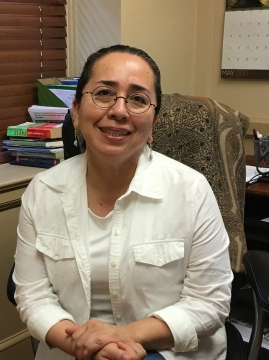 Alma Galván, MHC, Senior Program Manager, Migrant Clinicians Network. Ms. Galván introduced the ECHO series, introduced the 25 participants to each other, and laid the groundwork for the sessions to come.
Alma Galván, MHC, Senior Program Manager, Migrant Clinicians Network. Ms. Galván introduced the ECHO series, introduced the 25 participants to each other, and laid the groundwork for the sessions to come.
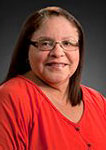
Betsy Rodríguez, RN, MSN, CDE, Deputy Director of the National Diabetes Education Program and a public health advisor for the Health Education and Promotion Team at the Translation, Health Education and Evaluation Branch in the Division of Diabetes Translation, Centers for Disease Control and Prevention (CDC). Ms. Rodríguez provided an overview on the current state of diabetes and why it’s a critical chronic disease to address.
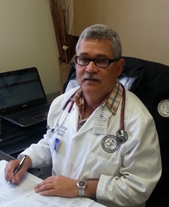
José Rodríguez, MD, Medical Director at Hospital General Castañer, Puerto Rico. Dr. Rodríguez addressed the history of HRSA and the evolution to the National Cooperative Agreements, providing the rationale for what this ECHO series was being done.
Session 2: Diabetes and Mental Health
During this session, experts and participants explored mental health concerns related to diabetes, including the signs and symptoms, self-care practices within self-management of diabetes, and myths and realities about patients and how to clarify them.
Experts

Jessica Irizarry-Ramos, MS, PhD, Chronic Disease Epidemiology Consultant, Centers for Disease Control and Prevention. Dr. Irizarry-Ramos described the relation between depression and diabetes, emphasizing that one in three people with diabetes suffer from depression.
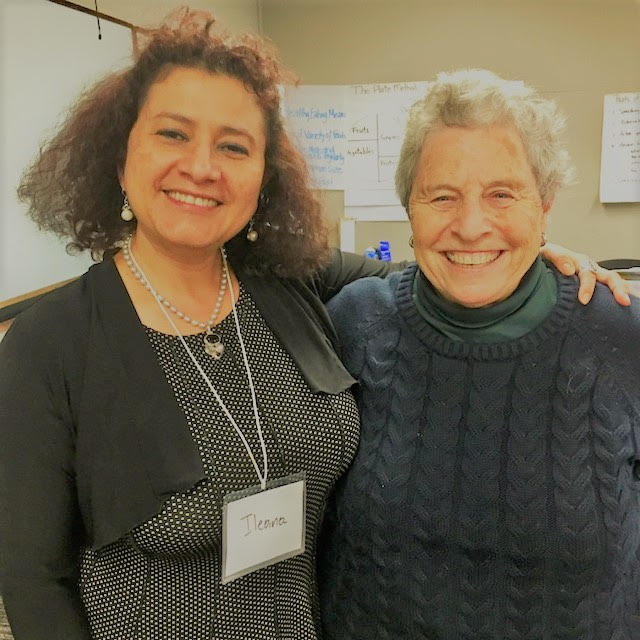
Ileana María Ponce-González, MD, MPH, from the Community Health Worker Coalition for Migrants and Refugees Dr. Ponce-González, a former MCN staff member, made the connections between diabetes and mental health, from the links between mental health disorders and diabetes, to possible medicine interactions.
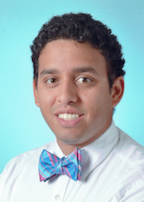 Dawit E. Demissie, MD, pediatrician at the Peninsula Regional Medical Center and with the Children’s National Health System, Instructor at the George Washington University School of Medicine. Dr. Demissie covered diabetes among children and adolescents, covering signs and symptoms, treatment, and the special nature of adolescent patients.
Dawit E. Demissie, MD, pediatrician at the Peninsula Regional Medical Center and with the Children’s National Health System, Instructor at the George Washington University School of Medicine. Dr. Demissie covered diabetes among children and adolescents, covering signs and symptoms, treatment, and the special nature of adolescent patients.
Session 3: Patient Management During Emergencies
This session focused on how to assist patients with diabetes during emergencies or disasters. Presenters from Puerto Rico used personal stories after 2017’s Hurricane María to help participants walk through the many concerns a patient with diabetes may encounter during an emergency.
Experts:

Dr. José Rodríguez (see Diabetes ECHO Session 1) Dr. Rodríguez spoke about his health center in the aftermath of Hurricane Maria and various strategies, including effective practices for teaching patients self-management ahead of emergency situations.
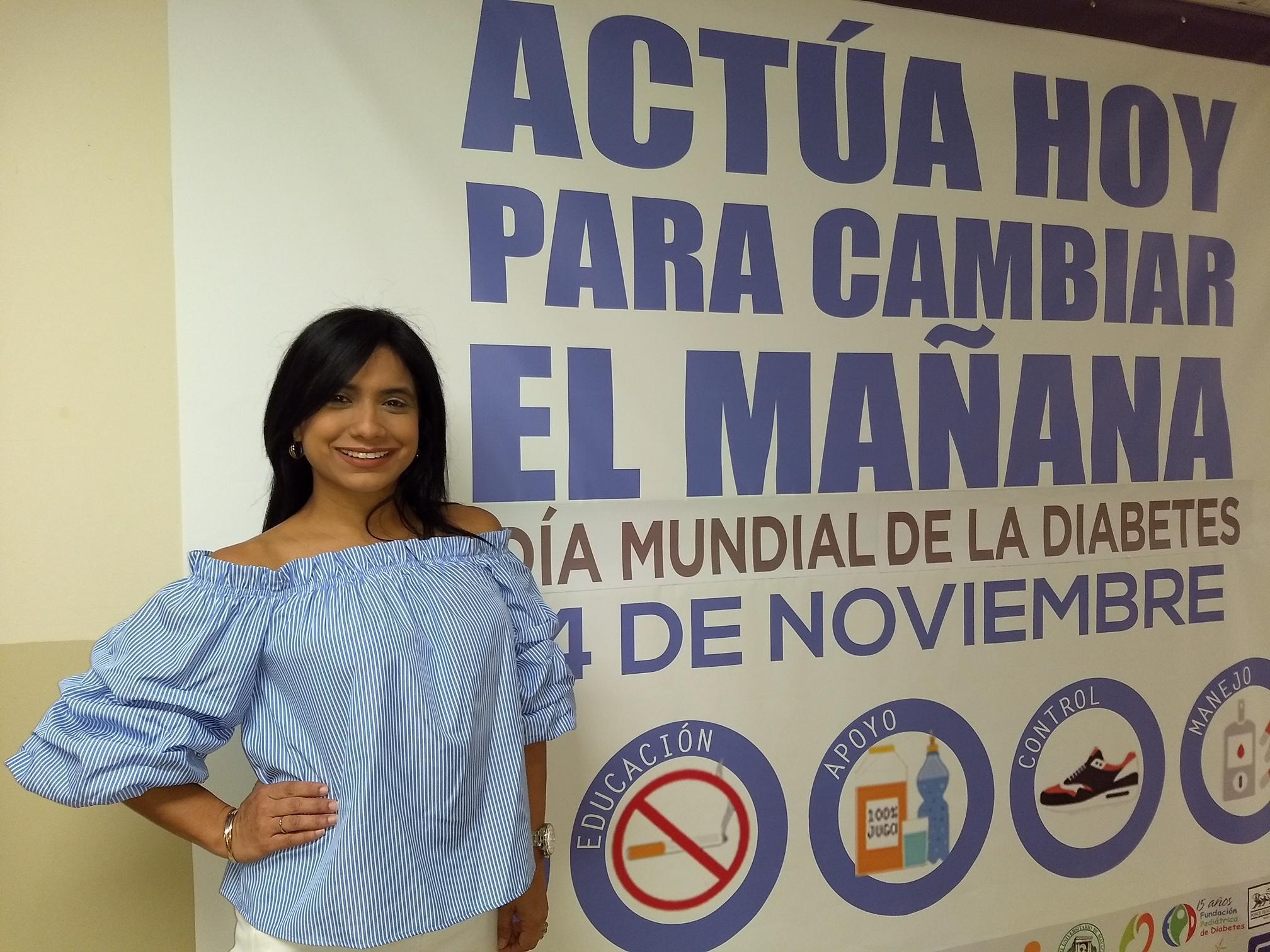
Cinthia Santiago Díaz LND, CMCP, CMCV, Nutritionist and Dietitian, Division for the Prevention and Control of Chronic Diseases, Auxiliary Secretariat for the Promotion of Health. Ms. Santiago reviewed effective nutritional management of a patient with diabetes during non-emergency circumstances, and nutritional management preparation for emergencies.
Session 4: Social Determinants of Health
The social determinants of health may make diabetes care and self-management much more difficult. This session introduced the social determinants and some initial strategies to address them for patients with diabetes.
Experts

Jessica Irizarry-Ramos, MS, PhD (see Session 2). Ms. Irizarry-Ramos used her experiences in Puerto Rico to talk about how social determinants affect the health of patients with diabetes.
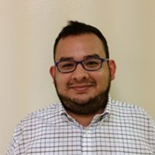
Eli Mancilla, Program Director, MHP Salud. Mr. Mancilla focused on effective strategies to address social determinants of diabetes, prediabetes, and obesity, including issues surrounding transportation, income level, and occupation.
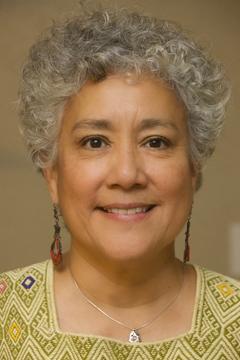
Deliana García, MA, Director International Projects and Emerging Issues at MCN. Ms. Garcia presented MCN’s Health Network, a bridge case management system for mobile patients, and how to register patients in this program.
Session 5: Empowerment, Efficacy, and Self-Management: Elements to Countering Diabetes
Experts:
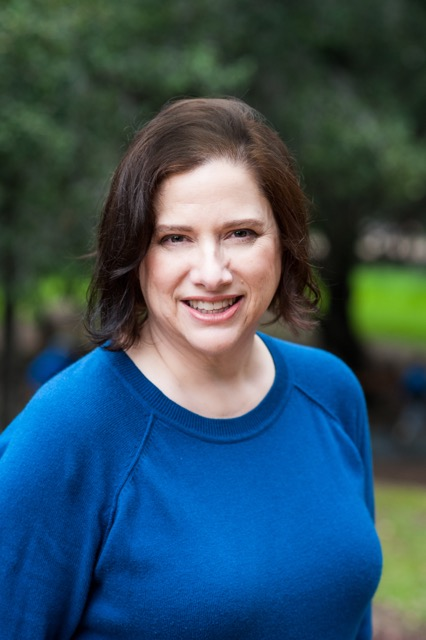
Virginia González, MPH, Self-Management Resource Center, LLC. Ms. González is a co-developer of the Chronic Disease Self-Management Program, a well-known evidence-based Diabetes Self-Management Program for chronic pain, HIV, and cancer developed by the Patient Education and Research Center at Stanford University. She is also co-author of a number of books including “Living a Healthy Life with Chronic Conditions.” Ms. González presented the self-management program that se and her colleagues developed, and provided numerous other resources.
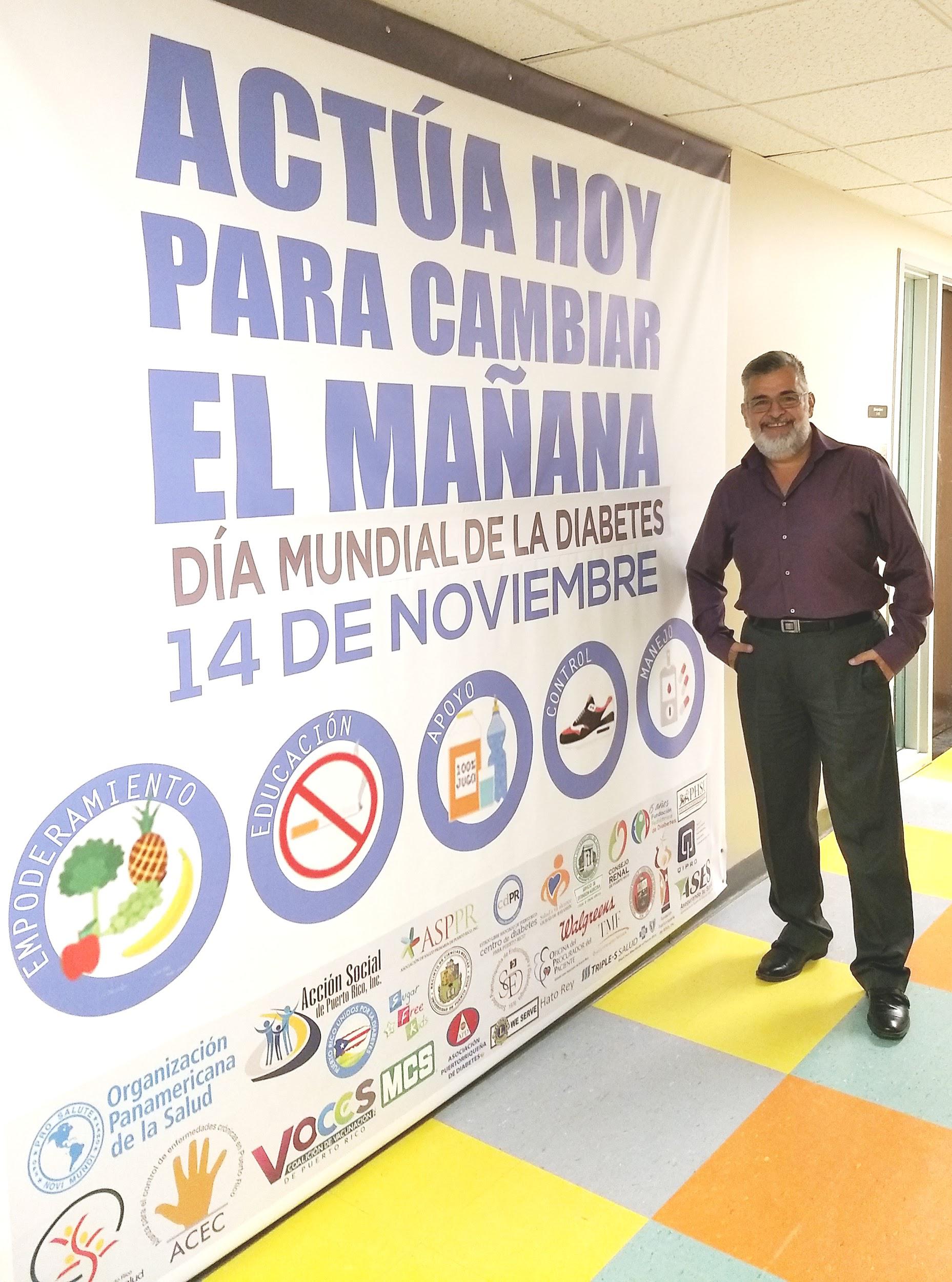
Leonardo Pérez Rivera, MPHE, Coordinator of the Program for the Prevention and Control of Diabetes and the Program for the Automation of Chronic Diseases for the Department of Health in Puerto Rico, Mr. Rivera presented how Puerto Rico has implemented the Stanford program. He also talked about the Diabetes Empowerment Education Program (DEEP), developed by the University of Illinois at Chicago.

Onaney Hernández, Project Coordinator at MPH Salud Ms. Hernández provides training and technical assistance for CHWs and program managers working at Migrant and Community Health Centers. Her presentation of the “El Camino a la Buena Salud” and “Salud y Vida” programs included a video exemplifying how the programs work. After just three months of the Salud y Vida program, HbA1C levels were already in decline.
Session 6: Diabetes 2.0: Telemedicine and Virtual Platforms
The last session of the diabetes portion of our ECHO series was focused on teleconferences, virtual consultations, and telemedicine. Other topics to be discussed are the use of cell phones, podcasts, messages, alarm systems, electronic resources and virtual support groups. The session’s goal was for participants to identify the utility of technology in the control trends, and the use of digital platforms for control, self-management, and prevention of diabetes.
Experts:

Betsy Rodríguez, RN, MSN, CDE (See Session 1) Ms. Rodríguez described the evolution of diabetes devices and the current technology available, from devices to digital platforms and blogs. She also discussed how to make the crossover with insurance coverage.
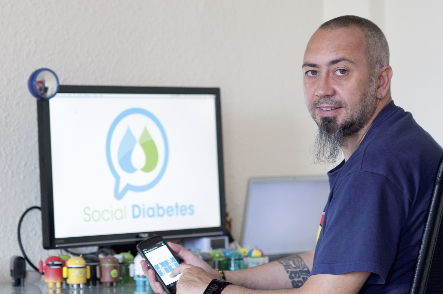
Víctor Bautista Bermúdez, Founder of Social Diabetes. Frustrated by clinicians’ insistance that he manually manage his Type 1 diabetes,Mr. Bermúdez created an app for personal diabetes management. This digital platform has helped in transforming diabetes management in the 21st century. Mr. Bermúdez discussed his work and how technology can assist those with diabetes.
HYPERTENSION ECHO, April - May, 2018
Session 1: Hypertension: Overview of Hypertension in the US
During this introductory session, the participants shifted from diabetes and toward hypertension. Presenters covered the basics of hypertension including prevalence in the US among the general population, and within racial and socioeconomic subgroups. The consequences of hypertension in the economic, social, and mental aspects of the patient were also covered.
Experts:

Alma Galván, MHC, Senior Program Manager, Migrant Clinicians Network. Ms. Galván introduced the Hypertension series, introduced participants, presented objectives and working procedures of the serie and laid the groundwork for the sessions to come.
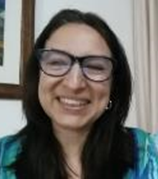
Gloria P. Giraldo, MPH is a specialist at the Department of Noncommunicable Diseases and Mental Health of the Pan American Health Organization (PAHO) in Washington DC. Mrs. Giraldo covered the basics of hypertension including prevalence in the US among the general population, and within racial and socioeconomic subgroups. The consequences of hypertension in the economic, social, and mental aspects of the patient were also covered.
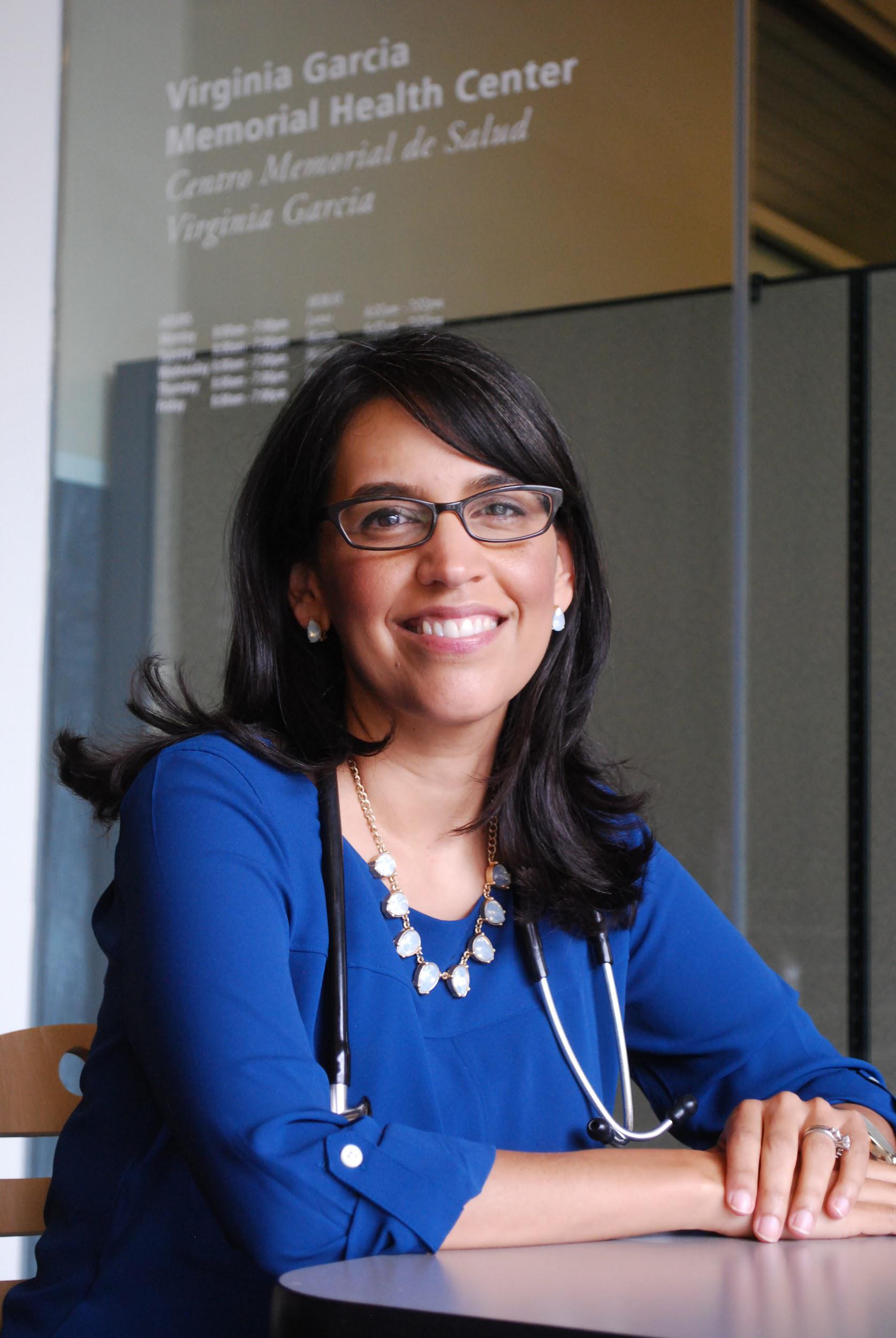
Eva M. Gálvez, MD, MCN Board Member, family physician at Virginia García Memorial Health Center, a Community Health Center based in Hillsboro, Oregon. She practices full-spectrum family medicine that includes obstetrics. As the daughter of farmworkers, she has a special interest in the health problems faced by immigrant families and farmworkers. Dr. Gálvez discussed how hypertension affects the economic, social, and mental states of patients and successful models in addressing hypertension.
Session 2: Mental Health and Hypertension
Experts:

Jessica Irizarry-Ramos, MS, PhD (see Session 2) Dr. Irizarry-Ramos discussed mental health and hypertension and provided a mental health screening tool for use at the community level.
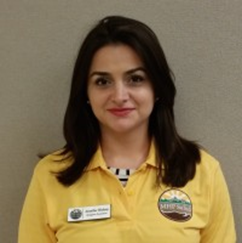
Jennifer Bishop, Program Director for MHP Salud Ms. Bishop oversees two key programs at MHP Salud, where she began as a Community Health Worker in 2014. Ms. Bishop discussed the role of CHWs for patients with hypertension.
Session 3: The Role of CHWs in Identifying and Addressing Social Determinants of Hypertension
This session covered successful models in the management of hypertension and practical skills for helping patients, including motivational interviewing.
Experts:

Alma Galván, MHC, Senior Program Manager, Migrant Clinicians Network (See Session 4) Ms. Galván presented motivational interviewing as an a technique for CHWs to help patients struggling with hypertension.

Gloria P. Giraldo, MPH is a specialist at the Department of Noncommunicable Diseases and Mental Health of the Pan American Health Organization (PAHO) in Washington DC. Mrs. Giraldo presented evidence-based research on the role and impact of CHWs on hypertension management.
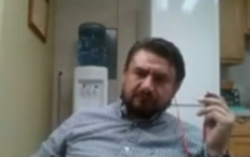
Fernando Molina, Fernando Molina, Outreach and Promotores de Salud Coordinator, Community Health Partnership of Illinois. Mr. Molina discussed “Vive Hoy” a 10-session mental health curriculum to work with hypertensive patients.
Session 4: Nutrition and plant-based diet management of hypertension and other chronic diseases
This session explored more on hypertension and social determinants, and how diet can play a role in prevention and intervention. Dr. León and Dr. Carral discussed their program, “Vegetariano en 21 Dias,” a plant-based diet program specifically for Latinos, developed with the Physicians Committee for Responsible Medicine.
Experts:
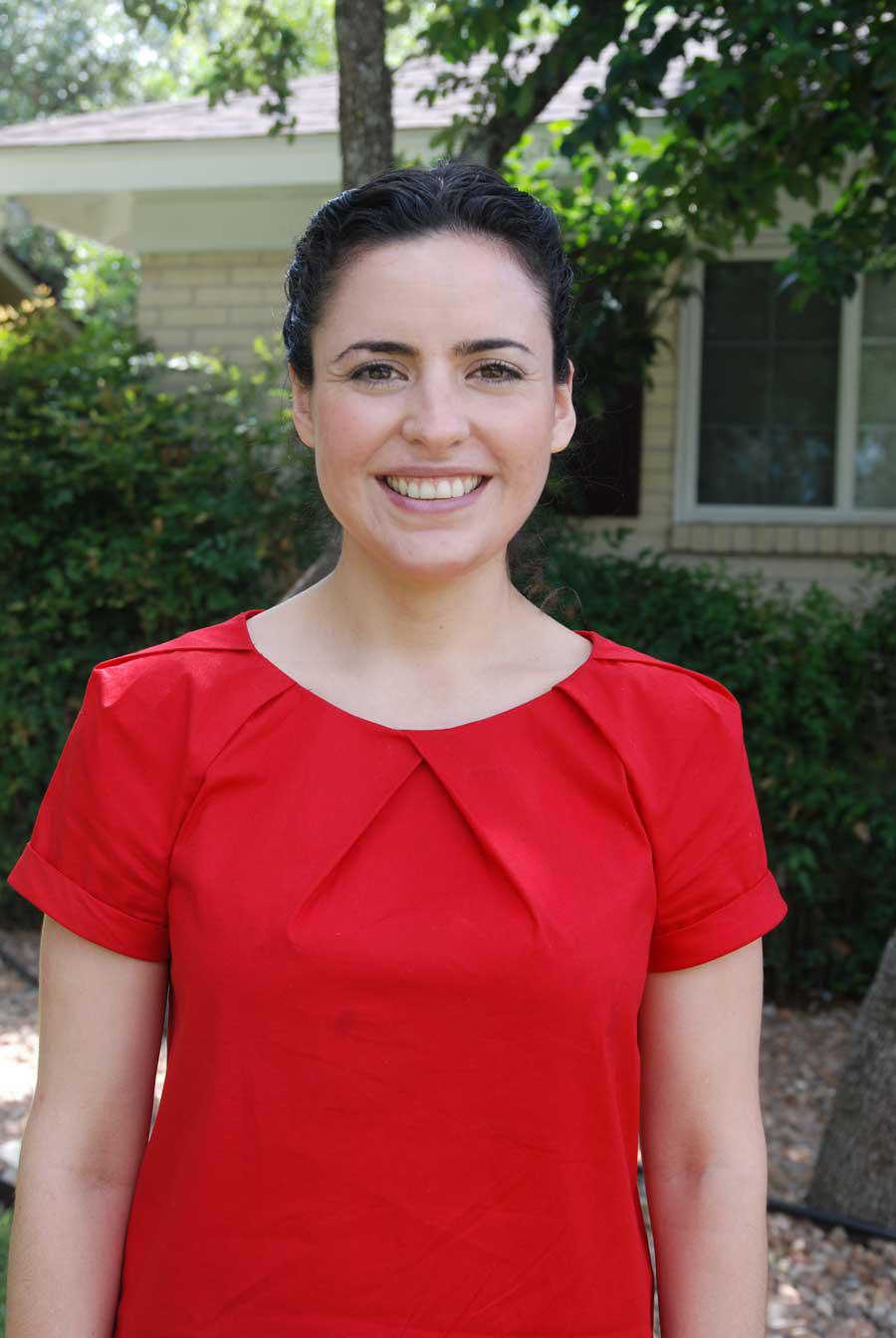
Aurora León, MD, grew up in northern Mexico, and continued her internal medicine career at St. Luke’s Roosevelt Hospital. She now also practices in Connecticut. Dr. León and Dr. Carral jointly developed and launched Vegetariano en 21 Dias, a plant-based diet program specifically for Latinos, through Physicians Committee for Responsible Medicine. Dr. Carral and Dr. León discussed their plant-based diet approach for patients with hypertension.
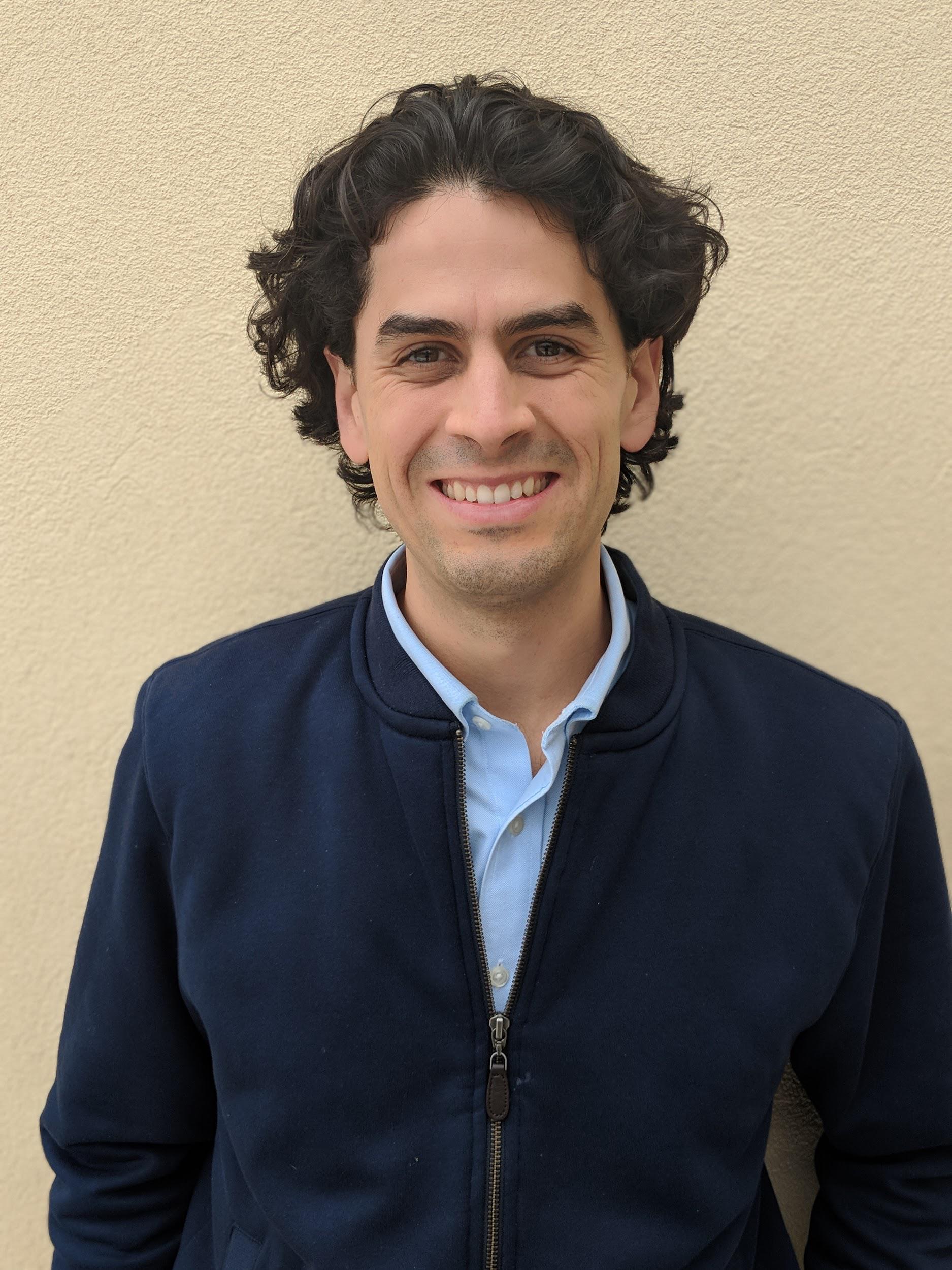
Joaquin Carral, MD, is originally from Mexico, where he began his medical career and his interest in a plant-based diet. He now practices in rural Connecticut, mostly serving Latino patients.